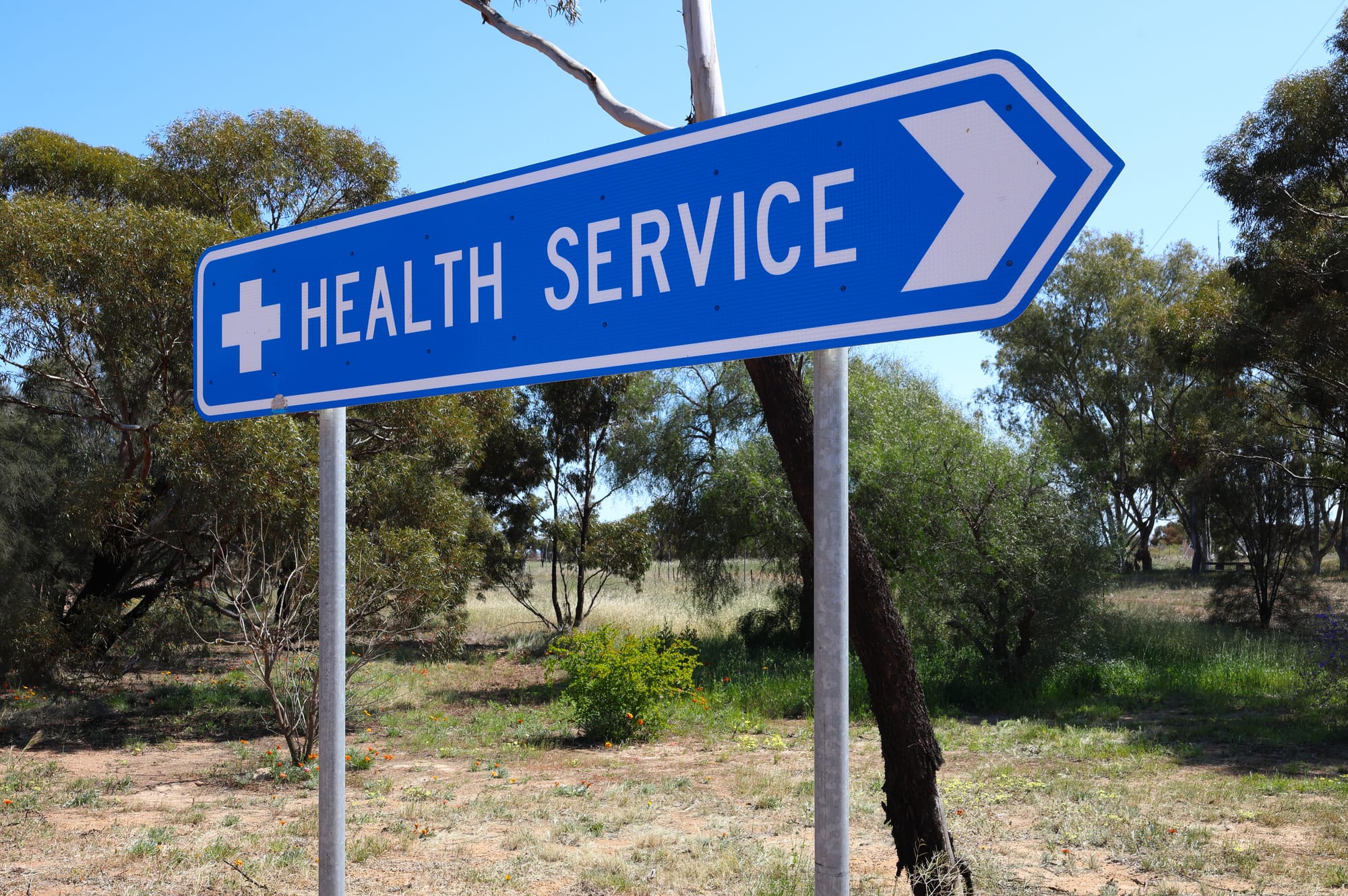
Rural Australia needs peer
At TheMHS Brisbane we caught up with one of the speakers - Dr Belinda Fuss. Here's our recollection of what Dr Fuss has to say boy the importance of Peer Support, especially in rural Australia.
Small town
When you live in a small town, mental health care often starts and ends with the GP. For many people in rural and regional Australia, that single point of contact is their only source of mental health support. There might be one doctor in town, maybe two if you’re lucky, and they’re expected to do everything: diagnose, treat, prescribe, and somehow also provide emotional support. It’s not sustainable.
Big gap
As a researcher and someone with lived experience of autism and mental health challenges, I’ve seen how this gap plays out. Peer workers, people who use their own lived experience to support others, have become part of the picture in emergency departments and hospitals. But in primary care, they’re almost entirely missing. In rural areas, that absence is felt sharply.
Unique barriers
The reasons are complex but not mysterious. Rural communities face barriers that cities simply don’t. Distance, cost of living, and professional isolation all make it hard to attract and retain staff. Many junior doctors rotate in and out of these areas, staying only long enough to meet their training requirements before moving back to larger centres. For peer workers, the problem is different but related: it’s about sustainability. The work is often casual, irregular, and poorly paid. You can’t relocate to a rural town on a handshake and a short-term contract.
Time to formalise
We talk about the need to “incentivise” peer workers to move into rural areas, but incentives aren’t just about money. It’s about structure and security.
In small communities, there’s also the issue of visibility. Everyone knows everyone. If you’re a peer worker in your hometown, you might be supporting the person you grew up with, or your neighbour’s child. That closeness can be valuable, but it can also be uncomfortable. Stigma still lives in small towns, and people worry about being seen walking into a mental health service. In our research, we found that people sometimes travelled to neighbouring towns just to get help, so they wouldn’t be recognised. In those cases, having peer workers who can travel between communities makes a difference.
The peer effect
The challenge is that the rural system isn’t built to allow for that flexibility. It still relies almost entirely on medical models and GP-based access points.
Many just need someone to talk to, someone who understands. That’s where peer workers come in. They can sit alongside the GP, not replace them, and help share the load.
The peer impact
Peer support in primary care could mean that when someone turns up at a clinic feeling anxious or overwhelmed, they’re met not just with a prescription pad but with a conversation. A peer worker can help unpack what’s going on, provide empathy, and connect them with ongoing support. That alone could ease pressure on rural GPs, who are often booked out months in advance.
Consequences
Not just mental health
Peer work also has a role to play beyond mental health. Many people in rural areas live with comorbidities, physical health conditions like diabetes or cancer that interact with mental distress. We hear from people who say, “I’m not depressed, I’m just exhausted from living with cancer.” But the emotional toll of long-term illness is real, and GPs can’t be expected to manage it alone. Peer workers could bridge that gap by offering support for the psychological and social dimensions of physical illness.
So, what needs to change?
- First, we need to make peer work a formal, reliable profession in rural health settings. That means regular income, training, and integration into teams, not just contracts or project-based roles.
- Second, we need to recognise that mental health care doesn’t start with a diagnosis. It starts with a conversation. Peer workers are trained for that. They bring empathy, understanding, and experience that can’t be taught in medical school.
- Finally, we need to stop seeing peer support as an optional extra. It’s not a luxury. It’s a vital part of a functional system, especially in places where professional services are scarce. The idea isn’t to replace doctors but to support them, to share the weight of care.
I believe in the power of lived experience to reshape the way we do health care. I’ve seen what happens when peer workers are part of the team: people open up sooner, stigma drops, and the system becomes more human. Rural communities deserve that kind of care.
If we can build models that support peer workers to live and work sustainably in small towns, not just visit them occasionally, we’ll start to see real change. People will get help earlier. GPs will be less overwhelmed. And communities that have long been under-served will finally have a support system that reflects their reality.


